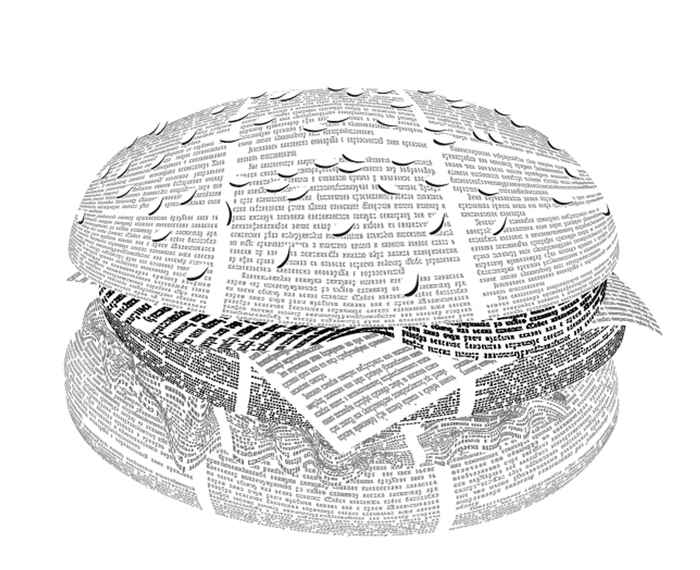It is not the echo chamber, it is our news diet!
- Date
- 5 June 2023
- Time
- 17:00 -18:30
- Location
- SPUI25

During this event communication researcher Magdalena Wojcieszak will present the results of the ERC funded project EXPO and discuss these with journalist/media professionals.
EXPO explored if exposing people to different political views could tackle polarization. What happens for example when a democrat reads Fox News? Or when somebody from the political right sees a news cast from a leftist organization? Does this make citizens more understanding of different viewpoints?
After analysing online behavioral data of over 7,000 individuals from 3 countries (the US, Poland, and the Netherlands) over a period of 9 months, Wojcieszak however found that most people hardly watch any news. It comprised only 3.4% of what those large samples did and saw online during all this time.
How can we encourage people to consume more quality news online for more resilient societies?
Panel members
Magdalena Wojcieszak is Professor of Communication at the University of California, Davis, and an Associate Researcher at the University of Amsterdam, where she directs the ERC EXPO Grant. Her research focuses on how people select political information online and the effects of these selections on democracy. Prof. Wojcieszak has (co-)authored ~80 articles and received several awards for her teaching and research. She is part of the Misinformation Committee at the Social Science One, a partnership between academics and social media platforms, and of an independent partnership between academics and Facebook to study the impact of Facebook and Instagram on the U.S. 2020 elections.
Nicholas Diakopoulos is an Associate Professor in Communication Studies and Computer Science (by courtesy) at Northwestern University where he is Director of the Computational Journalism Lab (CJL) and Director of Graduate Studies for the Technology and Social Behavior (TSB) PhD program. His research is broadly oriented around topics related to Computational Journalism with active research projects on AI, automation, and algorithms in news production and distribution. He also pursues research in the area of AI, Ethics, & Society with projects related to algorithmic accountability, transparency, and impact.
Alyt Damstra is a research officer at the Dutch Scientific Council for Government Policy and postdoctoral researcher at the University of Amsterdam. She has conducted research on the interaction between the economy, economic reporting and public opinion. In addition she studied the influence of reporting on attitudes, (voting) behavior and political processes.
Harm Botje co-authored My Opinions Are Facts: The Making of Thierry Baudet together with Mischa Cohen. He writes profiles, reconstructions, and interviews for Follow The Money. Botje began his career in 1991 as an editor for the VPRO radio program Argos. He produced a significant number of foreign reports for the broadcaster and hosted Bureau Buitenland between 2010 and 2013. He worked as a reporter for Radio1-journaal in the late 1990s, wrote interviews and reports for Het Parool, and spent twenty years as an editor for Vrij Nederland. From 2020 to 2022, Botje was involved in establishing an investigative editorial team for NU.nl. He was nominated for a Tegel Award twice and won the European Journalism Award.